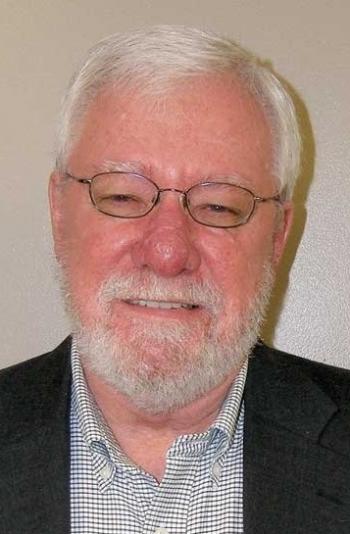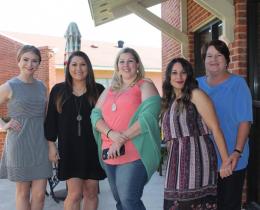
C’est Vrai: More on Mother Christmas
Last week, I wondered in this column about the origin of a woman named La Christiane who distributed gifts to Cajuns at Christmas time. That was about all I knew about her, and that little was based on an article that appeared in the Morning Advocate in 1980.
Comments sent to me since then make me think she may have come to Louisiana with Germans who settled on the Mississippi River well before the Acadians arrived.
Reader Janet Rhodus sent the article to Paul Chiquet, library administrator for Lafourche Parish, who says La Christiane was associated with the New Year, not Christmas, which jibes with accounts that in times gone by Christmas was the day for a religious celebration and the New Year was the time of gift giving.
“To Cajuns Pere Noel is for Christmas and La Christiane is for New Years,” Paul writes. “This Cajun tradition is still followed today in many place like St. James Parish, where I am from. This was an Acadian tradition that came with them to Louisiana.
“La Christiane was a woman who always came to the Cajuns on New Year’s Eve and gave out fruits, homemade candies and small gifts,” Paul continues. “My family still follows this tradition. We put out a pillow case on the fireplace with my grandchildren’s name on them and one for my grown children also for any family member who will stay overnight for New Year’s.”
Amanda Lafleur, who recently retired as coordinator of Cajun studies at LSU, was reared in Ville Platte. She says she’s familiar with la Christine (not Christiane) “though this was not a character from my neck of the woods. I mainly heard about her from people further west in Vermilion and Acadia parishes.”
Amanda was told la Christine was linked to Christkind, a character in Germanic countries and northern France (from which Kris Kringle derives). The literal translation of Christkind is “Christchild,” but in Europe the character is often depicted as a girl dressed in white.
“Given that much of southwest Louisiana was settled by Germans, this seems like [a] plausible connection to me,” Amanda says.
It is also quite plausible that it would have been easily passed to the early Acadian settlers if it began as a German custom. The first Acadians to come to Louisiana settled on the Mississippi River near German settlements in the St. James Parish area (where Paul is from) that were long established before the Cajuns got there.
Some scholars suggest further that la Christine is linked to St. Lucia whose feast day is the traditional beginning of the Christmas season in some places (including at one time St. Martinville). St. Lucia died a martyr in the year 304 and is remembered for giving away her wealth to the poor.
In Sweden, for example, the youngest daughter of the household dresses in white early on St. Lucia’s feast day, which is now Dec. 13, but was Dec. 23 before the adoption of modern calendars. The daughter puts a wreath holding seven lighted candles on her head and in this costume brings coffee and little buns in the shape of cat’s heads, called “Lucia cats,” to the other members of the family.
Lucia’s name derives from the Latin word for light, and her feast day fell under the old calendar on the winter solstice, the shortest and darkest day of the year.
According to an account on Sweden’s website, “In the old almanac, Lucia Night was the longest of the year. It was a dangerous night when supernatural beings were abroad and all animals could speak. By morning, the livestock needed extra feed. People, too, needed extra nourishment and were urged to eat seven or nine hearty breakfasts. This kind of feasting presaged the Christmas fast, which began on Lucia Day.”
And, finally, Amanda suggests that, at least for some Cajuns, Christine was a phrase, not a character.
“Despite the use of the feminine definite article la, I’ve never heard anyone say specifically that la Christine exists in the popular Cajun imagination as a female character,” Amanda writes. “In fact, at least one person I know from Louisiana told me that for him ‘la Christine’ was just how they said ‘Santa Claus’ in French.”
I’m not sure whether all of this clears things up or muddles them more, but that’s what I’ve found out.
You can contact Jim Bradshaw at jimbradshaw4321@gmail.com or P.O. Box 1121, Washington LA 70589.
- Log in to post comments

